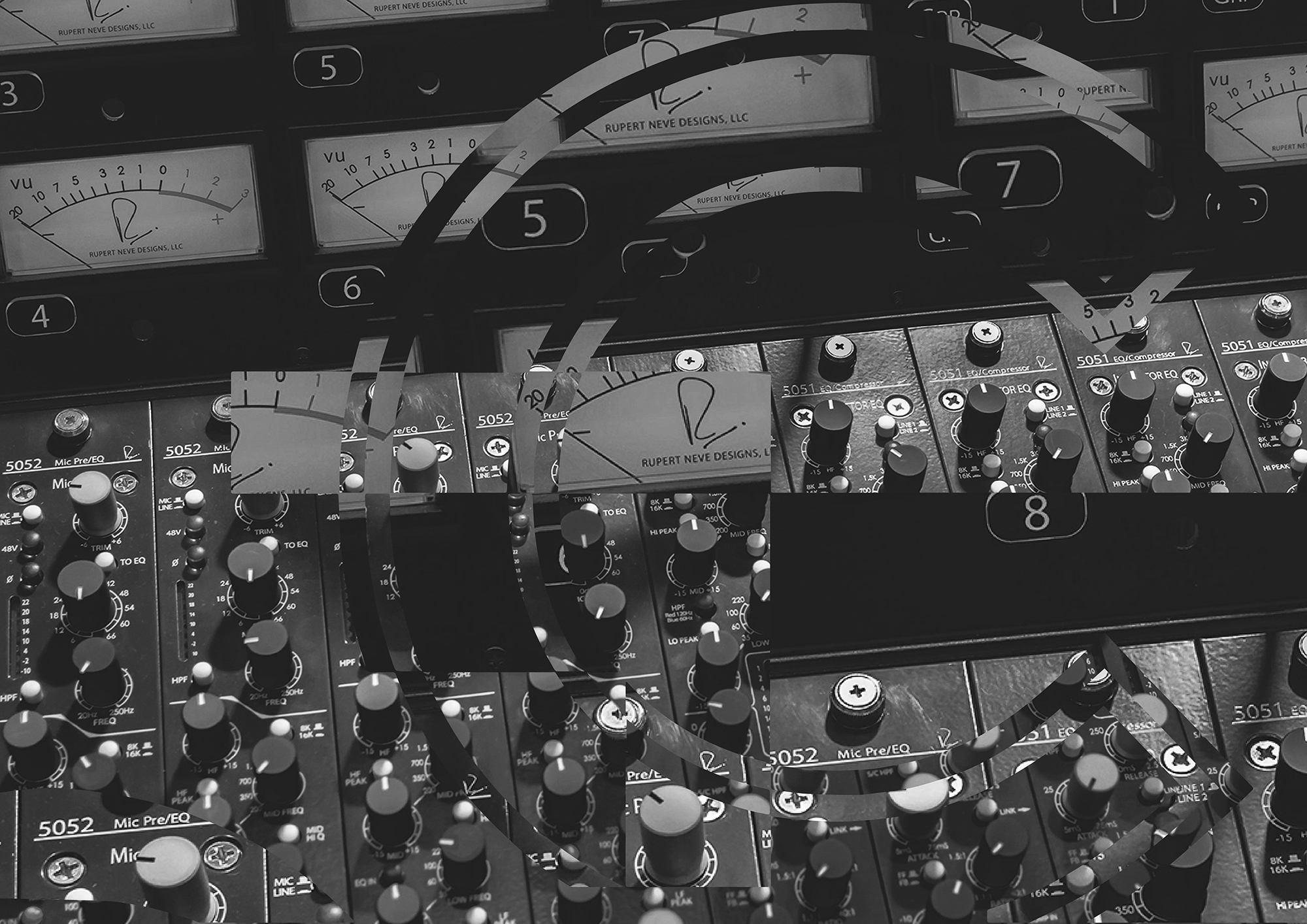
Five Things I Wish I Consider Before Signing a Contract With a Recording Label
In this open column submission, Shadia Kansha reflects on her decisions regarding her music career and shares a reminder of the things aspiring musicians should consider before signing a contract with a record label.
Words by Whiteboard Journal
I signed a talent management contract with a recording label from Jakarta in 2020. I had just finished my undergraduate thesis at the time, and I was excited to start making music again after a long hiatus. This label approached me and kept in contact for a year prior to the signing. The reasoning behind why I ended up with them is quite simple: they respected my desire to complete my education before discussing anything further. You could say, I was moved by their willingness to do so in contrast to the other two labels.
Another reason why I decided to go forward with this is my opportunistic trait. Most of my decisions are driven by the fear of not seizing my moment. This trait led me to a disorganised range of rash and half-thought decisions, including this one. As much as I hate to admit it, I believe I went too far with this before actually testing the waters. I ended up drowning since the depth of the pool I was shoved into was too deep for me. In a nutshell, I was struggling.
Don’t get me wrong; I’m not throwing in the towel just yet. I’m just saying that, with the benefit of hindsight, both my label and I can achieve so much more in our journey together. I guess, the struggle comes from this sense of guilt that stems from the desire to give more and the inability to do so. Not to mention, being in Jakarta, this fast-paced industry rarely allows you to wallow in self-pity for not being good enough. You just have to grind your way through it.
But I’m here to tell you that you don’t have to feel that way. Take this as a cautionary tale. A reminder that making sure you understand the entirety of an opportunity is critical before signing your name to a multi-year commitment.
So, first and foremost, you know nothing. You thought you did, but you didn’t. Fairly speaking, this point comes as the result of my arrogance. I just got out of college with a law degree. Reading a contract should be simple, right? Wrong. When examining the contract, everything will appear to be reasonable at first glance. The numbers, the rules, and the obligations all seemed fine. One thing that isn’t immediately obvious is the implications. How will this impact me? Will I be troubled by these figures later on? Will these responsibilities restrict my ability to express myself creatively? It is always advisable to discuss your contract with a seasoned musician and attorney. Find out what will happen to you if you sign the contract. What do you stand to gain? What do you have to sacrifice? No matter how experienced you are, these insights must come from someone who knows how to read between the lines.
Second, rosters are assets to a business. We’d often hear the romanticization of “doing what you love” as a way to live a happy life. I genuinely wish I could still agree with that. Some may assume that labels exist to help you make the music you want. In reality, most labels help you make music that makes money. We must keep in mind that their obligation to the contract is to generate profit off of your talents. Not only for yourself, but for their company as well. It’s an investment they’ve made in you and your career, so they’re entitled to a return. Some labels will be forthright about this fact, while others may keep profit discussions behind closed doors. Regardless of their approach, you’ll still sense the pressure. So, ask yourself: is money a big part of your craft? Understanding this fact will either push you to work harder or crumble your music-making fantasy bit by bit.
This takes me to my third point, why do you need a label? We live in a world where technology allows us to get far in this industry. I started off my career with a humble collective from Semarang, consisting of friends with the same vision. Social media, online aggregators, and grassroots communities are great places to get the ball rolling. Sure, growth might be slow in some parts, but I know for a fact that it’s not impossible. With this in mind, consider this carefully: what is it that you wish to gain from a label? Are you in it for the resources? Are you in it for guidance? Are you in it for connections? Are you in it for opportunities? Whatever it is you need, communicate this with the label you’re negotiating with. Why? so that they can offer the support where you need it the most. It’s easy for us to forget that labels are financial commitments. As much as they can take from you, they can give it back too.
Fourth, confirm that you and your label are on the same page. Your ideals? Make sure your label believes in it as well. For example, you wish to introduce a specific type of music to a larger market, while your label wants to focus on building your brand and acquiring listeners. This is a very common discourse found between labels and their rosters. What happens then? At least for me, moving forward feels like a regressive movement. I begin to wonder if the choices I make take me to the place I want to be in. Let’s face it, everyone defines success differently. Some believe that it is the meaning we leave behind in this world, while others would rather bathe in gold and glory. If you are not pursuing the same goal, every victory will continue to feel like a loss.
Lastly, don’t go through this alone. Labels, as much as you adore the people in them, are your customers. You should feel safe enough to step back from the situation, even if it’s just for a second, to think things through. There may come a time when you feel like it’s you versus your label, especially when you’re in a disagreement. The feeling of being “ganged up on” may push you in directions you do not always agree with. So, try to have a support system to fall back on from time to time. Whatever your label has to offer, the people who have been by your side since the beginning understand your vision better than anyone else. They can come as a cheerleader, a shoulder to cry on, or a voice of reason because, at the end of the day, you can always count on them to remind you of why you’re there in the first place.
Hold on, don’t start running up the hill just yet. Mind you that recording labels aren’t evil. However, not all labels are a perfect match for you and the music career you want to pursue. It’s like dating. You know for a fact that there is no such thing as a perfect partner. But you still want to be with someone. So, you take your time to get to know them first before committing to something serious. With more care put into the process, you’ll eventually find the one that you want to take in the long run.












